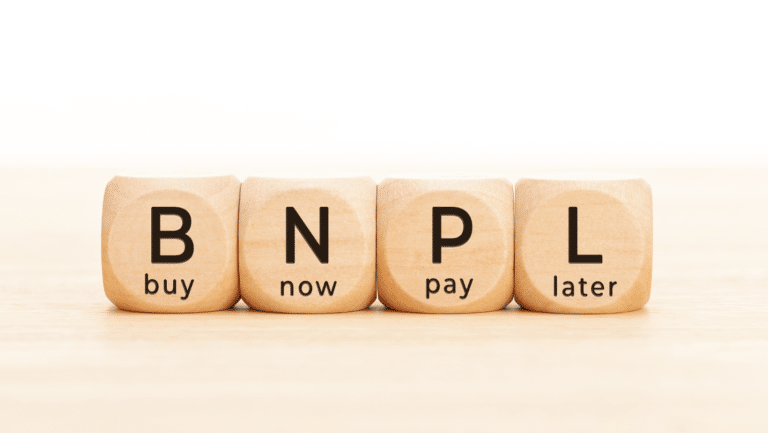Do You Know What Interest Rates You Are Paying On Your Credit Cards?
As inflation continues to rise and be top of mind for the average household, we want to continue discussing how it is affecting our daily life and how to navigate this adjustment. Prices of nearly everything have been skyrocketing over the last few months, and the most recent November CPI report announced a 7.1% year…





